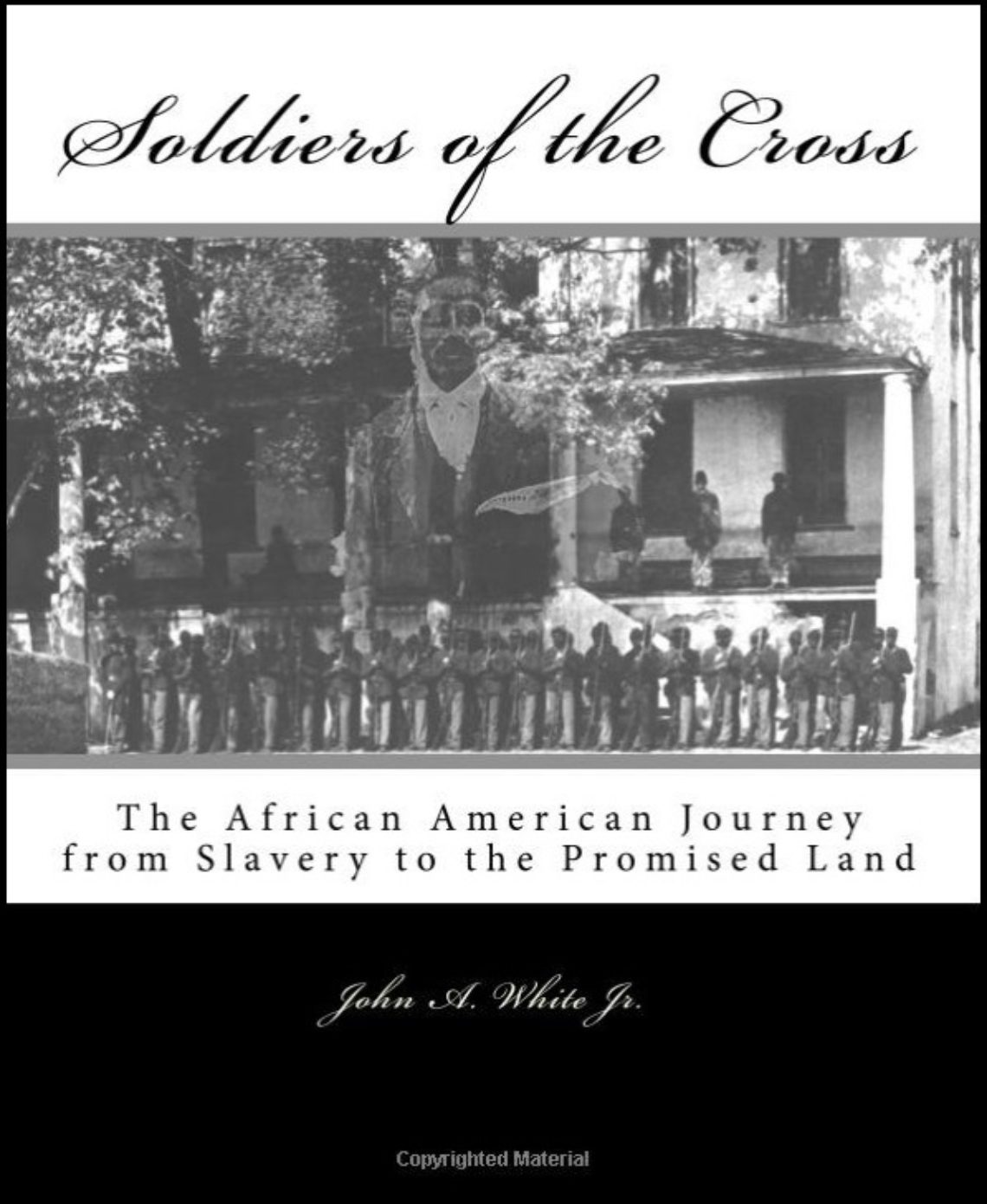
Fig. 13. Amy was hung in March 1865 for saying, “Bless the Lord, the Yankees have come,” Harper’s Weekly, September 30, 1865
In most cases, slaves were the largest portion of slave owner’s wealth. Bad slaves were either whipped or sold but seldom killed. When blacks became free, their value was reduced significantly. Lynching was used as a means of controlling blacks with terror. In March 1865, a month prior to the end of the Civil War, Sherman’s troops were camped outside of town of Darlington, South Carolina. As General Sherman marched to the sea, slaves were freed, and Southern white losses were significant. There was little damage done to Darlington, however. According to Harper’s Weekly, September 30, 1865, seventeen-year-old Amy Spain was lynched for thanking the Lord for her freedom. She was described as a martyr, which is a victor, not a victim.
There is further explanation for the hanging posted by B. Ricardo Brown, PhD, at http://node801.blogspot.com/2009/05/hanging-of-amy-spain.html, on May 24, 2009, that is somewhat of a southern view. Darlington’s New Era newspaper disputed the Harper’s Weekly article. Brown suggests that Amy’s claim to freedom was premature and that she took household goods that belong to her master. This may have been the official Darlington reason for her hanging, but she was probably lynched for celebrating her freedom and used as an example for other slaves.
“One of the martyrs of the cause which gave freedom to her race was that of a colored woman named Amy Spain, who was a resident of the town of Darlington, situated in a rich cotton-growing district of South Carolina. At the time a portion of the Union army occupied the town of Darlington she expressed her satisfaction by clasping her hands and exclaiming, “Bless the Lord the Yankees have come!” She could not restrain her emotions. The long night of darkness which had bound her in slavery was about to break away. It was impossible to repress the exuberance of her feelings; and although powerless to aid the advancing deliverers of her caste, or to injure her oppressors, the simple expression of satisfaction at the event sealed her doom. Amy Spain died in the cause of freedom. A section of Sherman’s cavalry occupied the town, and without doing any damage passed through. Not an insult nor an unkind word was said to any of the women of that town. The men had, with guilty consciences, fled; but on their return, with their traditional chivalry, they seized upon poor Army, and ignominiously hung her to a sycamore-tree standing in front of the court-house, underneath which stood the block from which was monthly exhibited the slave chattels that were struck down by the auctioneer’s hammer to the highest bidder.
Amy Spain heroically heard her sentence, and from her prison bars declared she was prepared to die. She defied her persecutors; and as she ascended the scaffold declared she was going to a place where she would receive a crown of glory. She was rudely interrupted by an oath from one of her executioners. To the eternal disgrace of Darlington her execution was acquiesced in and witnessed by most of the citizens of the town. Amy was launched into eternity, and the “chivalric Southern gentlemen” of Darlington had fully established their bravery by making war upon a defenseless African woman. She sleeps quietly, with others of her race, near the beautiful village. No memorial marks her grave, but after-ages will remember this martyr of liberty. Her persecutors will pass away and be forgotten, but Amy Spain’s name is now hallowed among the Africans, who, emancipated and free, dare, with the starry folds of the flag of the free floating over them, speak her name with holy reverence.”[1]
The online encyclopedia Wikipedia has Amy’s story a bit turned around: http://en.wikipedia.org/wiki/Darlington,_South_Carolina. Wikipedia says, “In 1865, Federal troops passed through Darlington and hanged a former slave on the Public Square for insurrection.” Harper’s Weekly portrays Amy as a martyr dying for freedom and thanking the Lord. On the other hand, southern history portrays Amy as a slave hung by the Yankees. This is an example of how African American identity is controlled with history. However, with the advent of the Information Age of online computing, there is no excuse for ignorance.
[1] “Hanging of Amy Spain,” Harper’s Weekly, September 30, 1865, 613.
